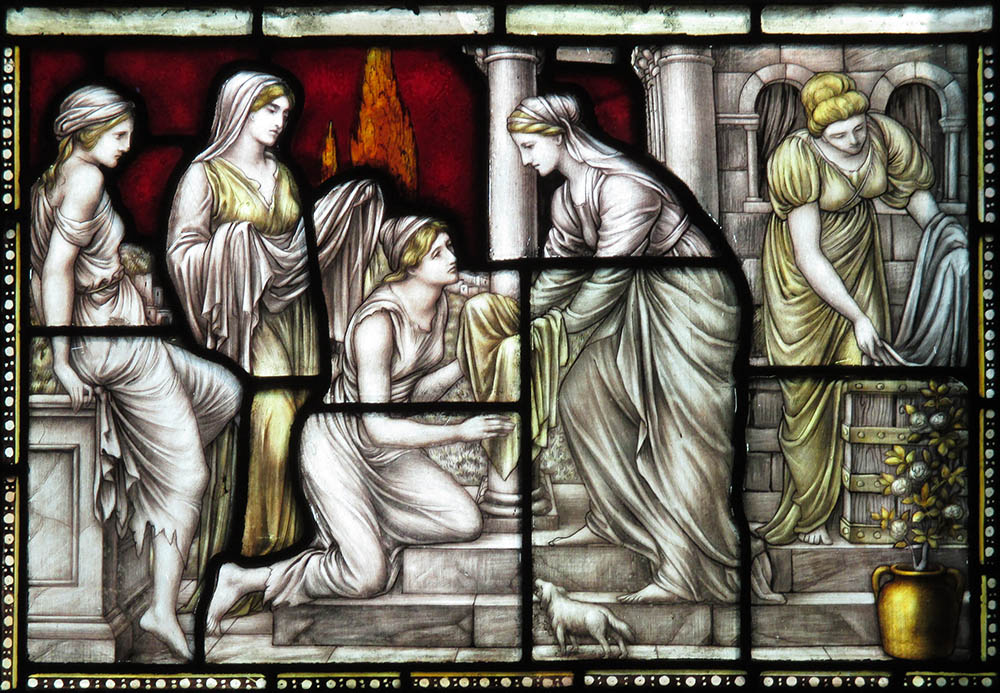Disir
Platinum Member
- Sep 30, 2011
- 28,003
- 9,607
- 910
Women's History Month is a great time to celebrate the "mothers" of our Christian church. Until recently, few realized that early female believers shaped our church's future no less than their better-known brothers (aka the "fathers of the church").
On Feb. 14, 2007, Pope Benedict XVI made the rather remarkable statement that " without the generous contribution of many women, the history of Christianity would have developed very differently," and that the female presence was not "in any way secondary."
Some early church mothers are relatively well-known while others are all but forgotten. Early writings and funerary inscriptions testify that women served as prophets, evangelists, missionaries, teachers, deacons, presbyters, enrolled widows, and heads of house churches and monasteries.
Marcella, Paula, Melania the Elder, Melania the Younger and Macrina exercised considerable authority in ancient Christianity. Marcella founded a sort of urban monastery and study group in in Rome that greatly benefited — and benefited from — Jerome's biblical erudition. When Jerome left for Jerusalem in 385, Rome's priests began to seek out Marcella for help in understanding the biblical texts.

 www.ncronline.org
www.ncronline.org
I think there are several fascinating women in early Christianity and I'm always a bit surprised they aren't mentioned much in articles.
On Feb. 14, 2007, Pope Benedict XVI made the rather remarkable statement that " without the generous contribution of many women, the history of Christianity would have developed very differently," and that the female presence was not "in any way secondary."
Some early church mothers are relatively well-known while others are all but forgotten. Early writings and funerary inscriptions testify that women served as prophets, evangelists, missionaries, teachers, deacons, presbyters, enrolled widows, and heads of house churches and monasteries.
Marcella, Paula, Melania the Elder, Melania the Younger and Macrina exercised considerable authority in ancient Christianity. Marcella founded a sort of urban monastery and study group in in Rome that greatly benefited — and benefited from — Jerome's biblical erudition. When Jerome left for Jerusalem in 385, Rome's priests began to seek out Marcella for help in understanding the biblical texts.

Honor the 'mothers' of early Christianity during Women's History Month
Simply Spirit: Women's History Month is a great time to celebrate the 'mothers of the church,' early female believers who shaped our church's future no less than the better-known 'fathers.'
I think there are several fascinating women in early Christianity and I'm always a bit surprised they aren't mentioned much in articles.
